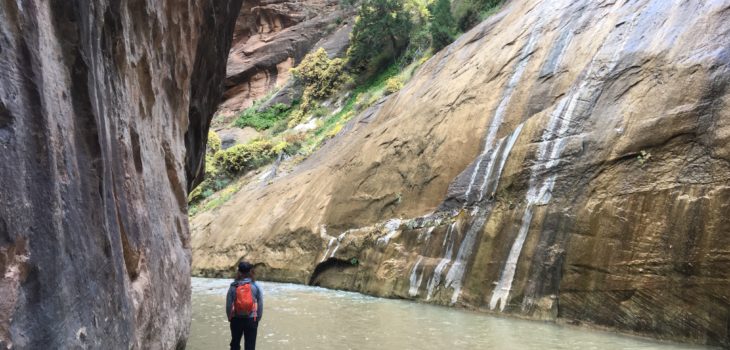 Education
Education
A Sense of Place
New site is up and running! Check out theparkpilgrim.com (47parks.com still works).

What makes a natural space a place? What is it about these outdoor locations that grow, move, and change depending on the rise and fall of meaning that we, as humans, assign to them? What makes a local environment feel like home?
While I can’t concretely answer these slightly abstract ponderings, I do recognize that building our understanding of the outdoors is not devoid of all the squishy emotions, values, and cultural ideals that are integral to life. Simply put: our five senses take in information about nature, but it’s our minds that make sense of it.

As I navigated my bike through a worn-out path riddled with roots and rocks, my mind sought to construct meaning of this natural space. I was determined to thoroughly explore my surroundings, a nearby regional park along the Accotink Creek. Since my friend had recently fixed up a bike for me, I was taking in much more than I normally did with my intermittent walks or jogs. There was something special about this location, being so close to my house and so replete with interesting sights, sounds, and smells.
I noticed birds with dabbled patterns on their little chests.
I noticed a small island of bamboo flourishing within a bend of the creek.
I noticed a sandy section, the fine grains matching those you might see along the ocean.

I also noticed the swell of positive emotions in my own heart and the sense of wholeness in my own mind. I try not to be too hippy-dippy when it comes to outdoor stuff, but there is an aesthetic property to a natural environment that I find unavoidable. The phenomenal spaces around our country that I’ve explored are more than just the sum of their tangible parts. There’s an affective quality to the outdoors, a delightful swirling of personal feelings driven by surroundings.
I call this a sense of place. Along with the experts, I recognize the power of place, especially when it’s outdoors. I’ve witnessed this personally countless times in places of grandeur, yet I also recently experienced it, once again, as I biked through my little backyard piece of paradise. It took on a greater feeling of being mine. The connection was similar to what I felt as a kid playing in my woods near my childhood house.
For some, the idea of place resonates with you, matching your understanding of how nature can be more than a space. For others, this seems like a foreign concept, if only because no outdoor location has ever carried a heavy meaning. For all of us, it’s a part of being human and part of truly being outside.
Place is suggestive of both the imaginative and physical reality of a location, and its people, and how the two interact and change each other.” – Brian Wattchow and Mike Brown, A Pedagogy of Place: Outdoor Education for a Changing World
